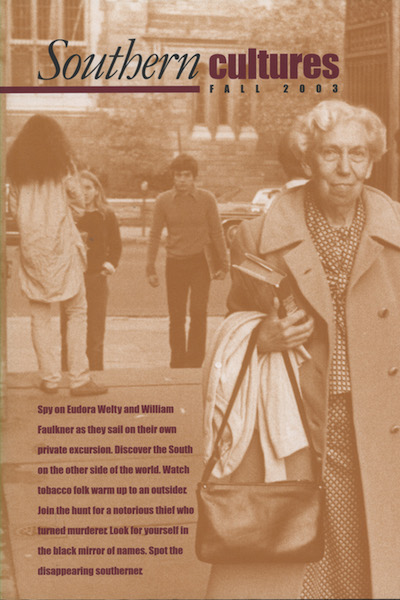“Manners can cover everything. Clothing, liquor, and cigarettes. Church and family. Weddings, funerals, and politics. Race, class, and sex. Especially sex.”
Novelist Elizabeth Spencer writes hauntingly of two divergent experiences from her childhood in Carrollton, Mississippi. One chapter of her memoir, Landscapes of the Heart, tells of Miss Beauregard Somerville, an imposing dowager who lived in a big white house and ruled the leading families with an iron code of propriety. A word from Miss Beaurie could cover the shoulders and extinguish the cigarettes of the most daring young ladies, and even for the youngest child, scratching oneself in her parlor was too horrible to contemplate. Thinking of harrowing visits to that seat of judgment, Spencer remembers “the rustle of taffeta. Long skirts in hot weather or cold. Petticoats. Black shoes. High lace collars. And no one to doubt that she was right about everything.” Even after Miss Beaurie’s death, her judgments lived on, governing the lives and consciences of Carrollton’s ladies with an iron code of convention. In this environment, Spencer recalls, life for young women was “as rigidly bounded as a high-security prison, guards on the watchtowers, dogs trained for hot pursuit. Manners and behavior, what one wore and did not wear, what talk was allowed and what was never to be mentioned (though everyone knew it). Gossip and confidences,” she concludes, held an unbreakable sway.


